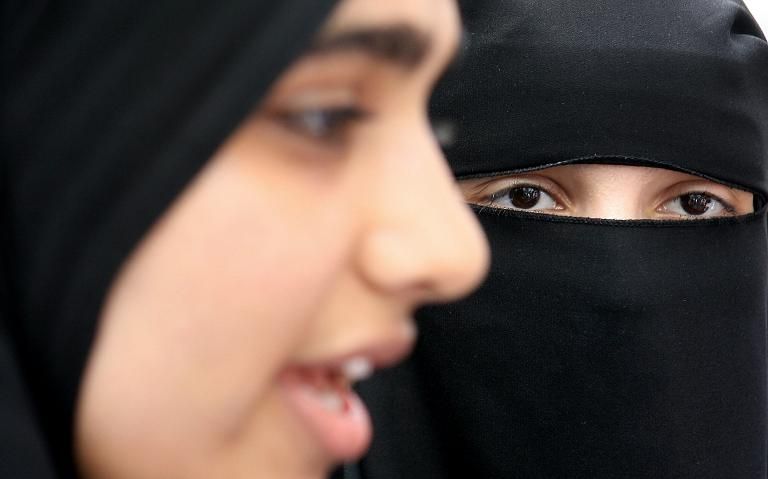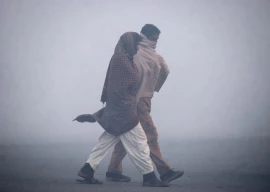
Taking into account opinions of 301 residents in Melbourne over ‘religious visibility, the research found ‘visibility’, for example by dress code, linked to "positive values like being accepted and respected in their ethnic communities in Australia, transmitting elements of their traditional culture onto the next generations".
The study was conducted in Muslim minority suburbs in partnership with the Islamic Council of Victoria [ICv], Moreland City Council and Hume City Council in 2016-17.
American-Muslim hosts events to dispel misconception about Islam
The research found two-third of non-Muslims and 29 per cent of Muslims felt “uncomfortable about face covering worn by some Muslim women.” But the study argues that it was not an expression of Islamophobia but a concern that facial coverings make it hard to interact with women.
Some hijab-wearing women said they experienced harassment due to their veil while some stressed that they were “not harassed within the bounds of their neighbourhoods.”
The study also found 71 per cent of Middle-Eastern Christians to dislike covered hair while 91 per cent were against face coverings.
Where local non-Muslims did not seem concerned about encountering ‘visible’ Muslims in routine life, some from specific backgrounds especially Christians from Middle-Eastern countries were found to feel uneasy towards ‘visible’ Muslims in their neighbourhood.
According to author, Associate Professor Val Colic-Peisker of RMIT University, the “study confirms the suggestion of the 'contact theory': that direct social interaction with minority groups leads to the diminishing of prejudice against them.”
"Low socio-economic indicators for an area seem to be a stronger predictor of prejudice against Muslims than their visible local presence," she said. “On the individual level, respondents with lower socio-economic status and older respondents tended to be more Islamophobic, which confirms findings of other Australian and overseas studies."
Meet the teens keeping Sikh-Muslim friendship alive
"While local governments successfully run community development and other programs, it seems that focusing the efforts on further strengthening English language and employment programs for migrants in the diverse, relatively disadvantaged areas, may be the most beneficial for the wider community," Associate Professor Karien Dekker, and co-author of the study, said.
Respondents, the study found, with diverse local social network expressed significantly lower levels of Islamophobia. “With a different ethnic background, or a different religion, or a different social economic status, if you know people who are different from you, you actually have lower levels of Islamophobia,” Dekker stated.
Expecting to find increased Islamophobia in areas with high Muslim visibility, Dekker was surprised to find more cohesion between Islamic and non-Islamic culture in such regions. It also found lack of education to be a factor in areas which were Islamophobic.
Adil Salman, vice-president of the Islamic Council, thinks the findings should encourage people to get to know Muslims around you. "We have the same hopes, the same aspirations, the same fears, the same anxieties," he said. "We may just look a bit different, or have different sounding names. Then I think those barriers that separate us start to come down."
This article originally appeared in the SBS.

1726117332-0/Megan-Thee-Stallion-(1)1726117332-0-165x106.webp)





















COMMENTS
Comments are moderated and generally will be posted if they are on-topic and not abusive.
For more information, please see our Comments FAQ